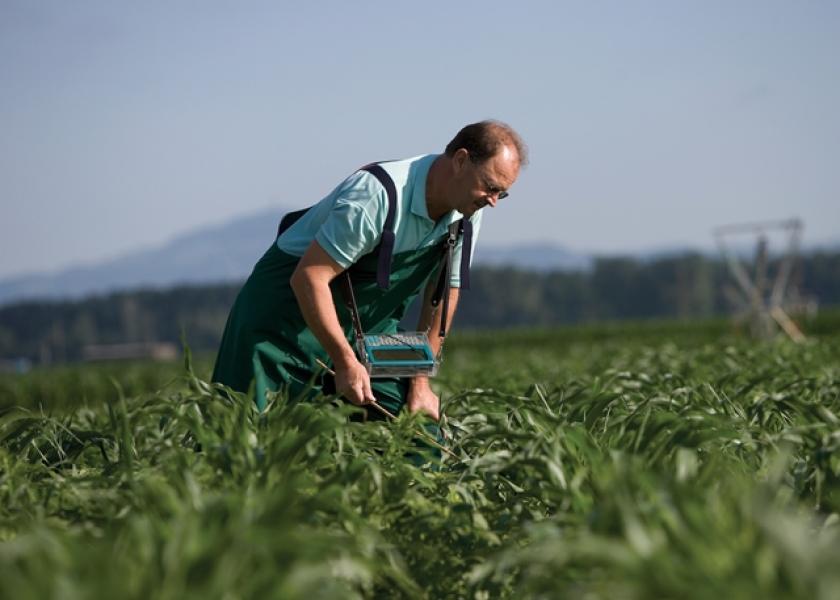Syngenta Accelerates Seed Breeding with One-Step Genome Editing

Syngenta researchers recently published a paper in Nature Biotechnology, an international science journal, detailing their discovery of a genome-editing technique called haploid induction editing (HI-Edit) technology, which ultimately reduces the time it takes to develop commercial crop varieties.
HI-Edit refers to the reproductive process of haploid induction (HI), which occurs naturally in wheat, corn, barley and tobacco, combined with a genome-editing technology such as CRISPR-Cas9. With HI-Edit, breeders can modify crops at various stages in the seeds research and development process without the substantial cost and time associated with introgression, the traditional method of transferring desirable genes from one crop variety into another, which can take up to seven years to fully complete.
"Few commercial crop varieties are responsive to direct genetic manipulation, so until now, we have had to use techniques that take several years and cost millions of dollars," said Tim Kelliher, Ph.D., Syngenta fellow and lead author of the paper. "With this new method, we can harness the potential of advanced genome-editing technologies to make genetic improvements faster in the varieties growers want."
While the research conducted to date has focused on field corn and sweet corn crops, there is evidence the technique could be applied to wheat. The team is also working on similar methods for the genus of plants related to cabbage, broccoli, cauliflower and kale that could eventually lead to breakthroughs in soybeans and tomatoes.
"Our investment in R&D, combined with the talent and curiosity of our researchers, is helping bring innovations like HI-Edit to life," said Ian Jepson, Ph.D., head of trait research and developmental biology and RTP site business head at Syngenta. "Genome editing is an important tool in the plant breeding toolbox, and discoveries in this area of research are helping us deliver on our mission to help farmers grow more resilient, higher-yielding crops."
This discovery aligns with Syngenta's commitment to make crops more efficient, one of the tenets of The Good Growth Plan, Syngenta's commitment to improve the sustainability of agriculture.







